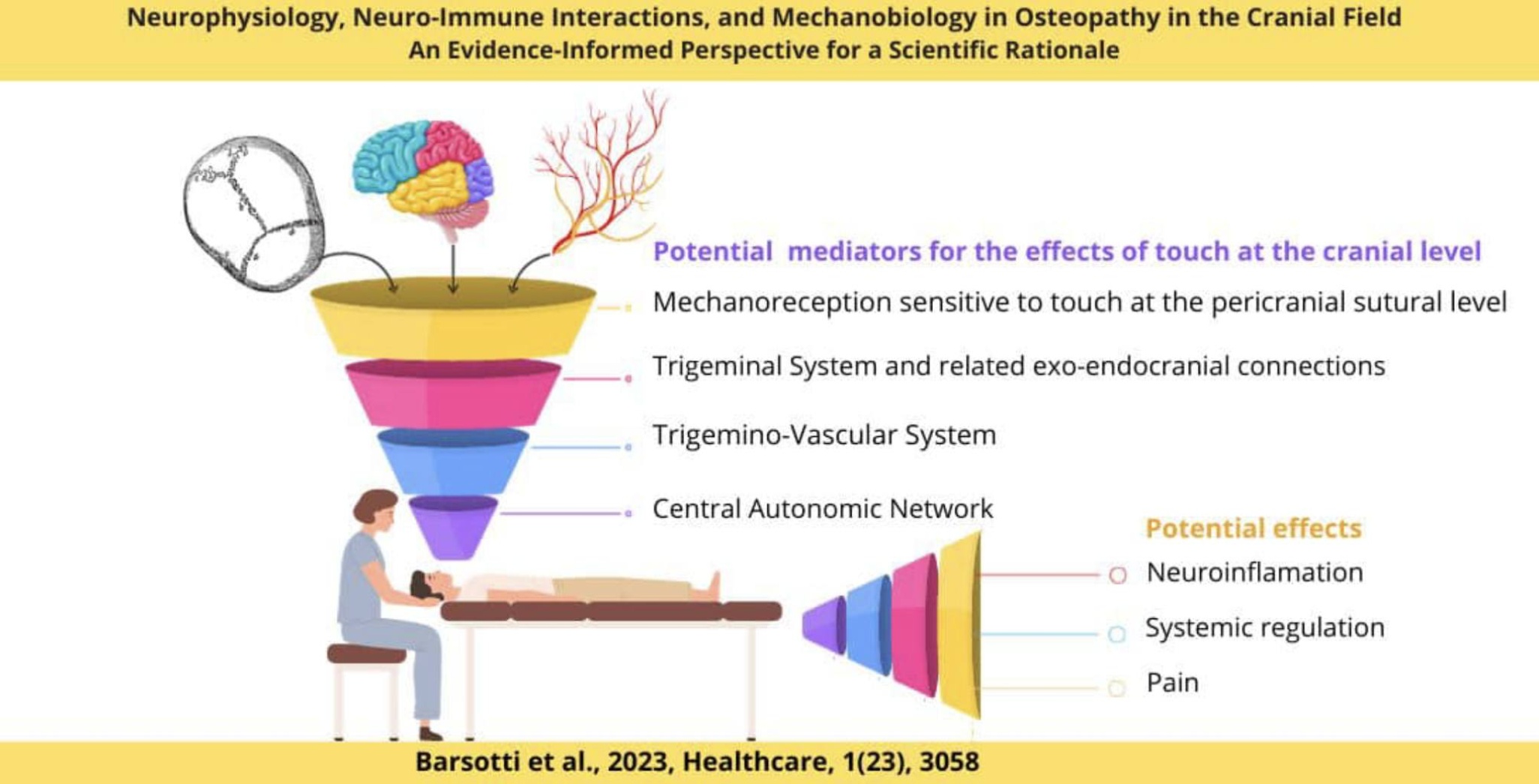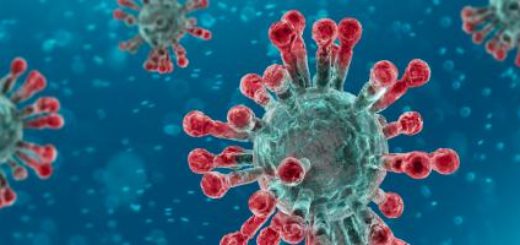CHRISTOS S. MANTZOROS
Division of Endocrinology, Department of Internal Medicine, Beth Israel Deaconess Medical Center, Harvard Medical School, Boston, Massachusetts 02215, USA
ABSTRACT: Leptin is a 16-kDa adipocyte-secreted protein the serum levels of which reflect mainly the amount of energy stores but are also influenced by short-term energy imbalance as well as several cytokines and hormones. Leptin, by binding to specific receptors, alters the expression of several hypothalamic neuropeptides that regulate neuroendocrine function as well as energy intake and expenditure. More specifically, accumulating evidence suggests that this hormone may serve to signal to the brain information on the critical amount of fat stores that are necessary for LHRH secretion and activation of the hypothalamic-pituitary-gonadal axis. Rising leptin levels have been associated with initiation of puberty in animals and humans and normal leptin levels are needed for maintenance of menstrual cycles and normal reproductive function. Moreover, circadian and ultradian variations of leptin levels are associated with minute to minute variations of LH and estradiol in normal women. Falling leptin levels in response to starvation result in decreased estradiol levels and amenorrhea in subjects with anorexia nervosa or strenuously exercising athletes. In addition, leptin has a potentially important role during pregnancy and in the physiology of the neonate. Finally, recent evidence suggests that leptin may influence ovarian steroidogenesis directly, but the exact role of intraovarian leptin action in the physiology and pathophysiology of the human reproductive system needs to be further elucidated.
ANNALS NEW YORK ACADEMY OF SCIENCES






















Devi effettuare l'accesso per postare un commento.